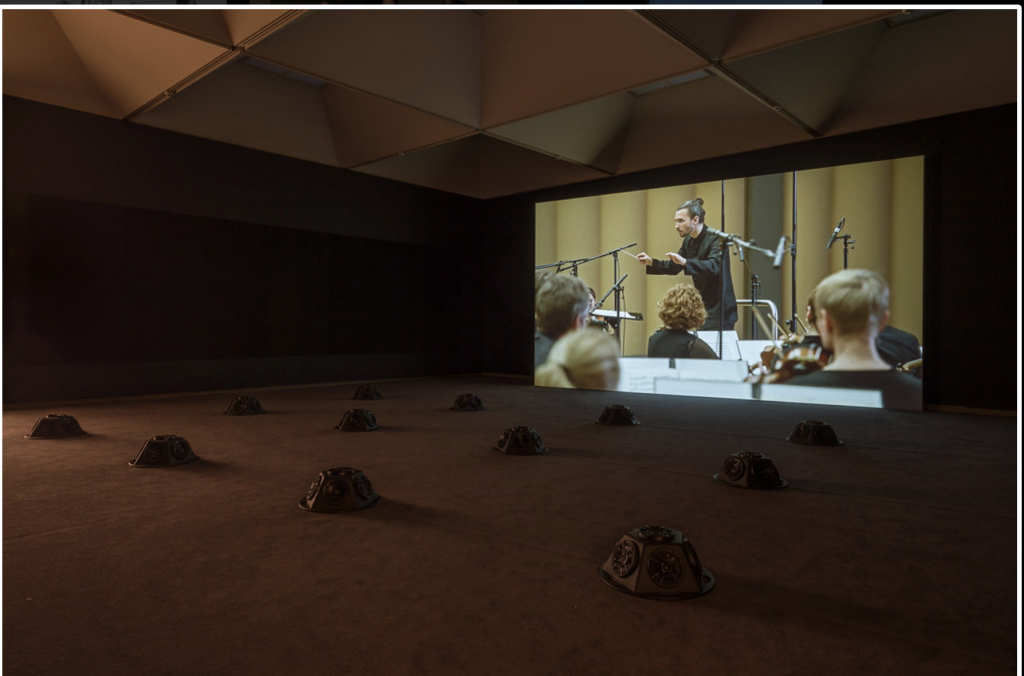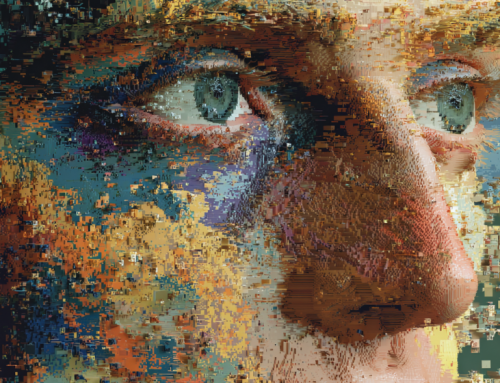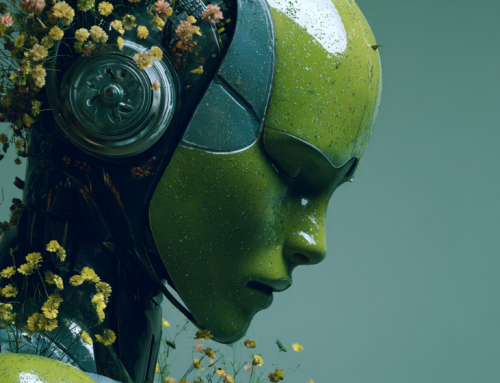
AI co-writes symphonic piece in Austria.
AI Composes: Completes Mahler’s Unfinished Symphony, Modern Songs
I have been in the music business since I was in my teens. I’ve written songs most of my life with varied amounts of success. When I first heard of AI writing music, I was not excited. I believe music is a personal communication between one human’s heart to another human’s ears. However, writing music with AI has made it easier.
For budding composers and songwriters, the latest AI tool to help write hits is MuseNet. Jon Porter of the Verge.com explains:
“OpenAI isn’t the first company to experiment with AI-generated music. Taryn Southern released an album composed entirely using AI back in 2017, and other musicians are increasingly experimenting with using artificial intelligence in their composing process.”
Another aspect of AI writing music concerns legal ownership issues and who owns the music rights.
MuseNet, available to the public on OpenAI’s site, is also where listeners can play a selection of songs the team has already generated and read about how the system works. TechCrunch reports that the generator will stay online until around mid-May, after which point, it will eventually be partially open-sourced.
Recently in Austria, an orchestra performed a piece by Gustav Mahler, his Unfinished Symphony #10. Then they followed up with 6 minutes of AI generated music based on the first ten notes of Mahler’s piece. The AI took the ten notes and offered the composer assisting with the program, four selections to chose from for the next 4 measures of music. The composer repeated this process until he considered it complete.
The composer Ali Nikrang, who works at the Ars Electronica Futurelab research center affiliated with the festival, used the open-source AI software MuseNet to write the music. Not all listeners agreed the AI succeeded at finishing Mahler’s work. One woman remarked:
“I couldn’t really feel the difference… I believe it was really well done,” Maria Jose Sanchez Varela, 34, a science and philosophy researcher from Mexico, said.
Many people at the concert were of German heritage and had varying opinions on whether the AI was picking up on their beloved Mahler’s musical ability. One of them, Manuela Klaut, said:
“I somehow thought suddenly: ‘Ah, it is getting a bit more arbitrary or something like that’.” But she admitted that it was hard to pinpoint what exactly changed. “I felt slightly that the emotional depth that you have in a Mahler composition was missing, maybe also the melancholy,” the 39-year-old said.
And from another attendee:
“This is of course really exciting,” said Aljoscha Burchardt of the German Research Centre for Artificial Intelligence (DFKI). “One wonders whether the machines are so smart that they can accomplish great music, or whether the music wasn’t such a great accomplishment after all? Maybe the pieces followed a graspable logic that in the past only very good composers knew, and now a machine can do it.”
AsiaOne.com described the music as “Mahleresque.”
Burchardt went on to say that with computers churning out work at a speed composers cannot compete with, prices could drop, but on the other hand⏤just as in other fields where “handmade” commands more prestige⏤artists who write their music without software could be able to charge a premium.
Machines also still need humans to guide them, Austrian music expert Christian Scheib said after hearing the piece:
“Little by little, AI is learning about how good it feels to be alive and how hard it is sometimes to be alive. I wonder what the next generation of AI will make of all of that. And perhaps its just a matter of time before AI can write a song that we humans will believe satisfies our emotional needs musically. It is not an easy task I can tell you.”
read more at theverge.com







Leave A Comment